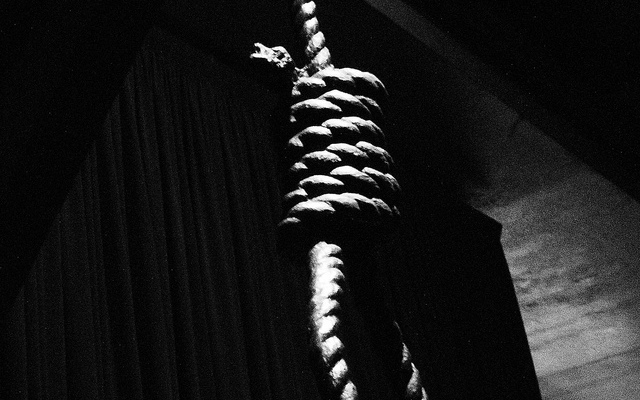On 6 December 2016, Saudi Arabia sentenced 15 people to death for allegedly spying for Iran. The Specialized Criminal Court in Riyadh sentenced 15 other suspects to prison terms ranging from six months to 25 years and acquitted two individuals. Of the 32 subjects, 30 are Shia, while the other two are Iranian and Afghani nationals. Americans for Democracy & Human Rights in Bahrain (ADHRB) strongly condemns the rulings and their clear sectarian overtones.
The Specialized Criminal Court (SCC) convicted the defendants on charges of espionage and supporting sectarian protests. The espionage charges include setting up a spy ring, passing sensitive information to Iran, and committing high treason against the king. In addition to the espionage charges, the suspects were accused of inciting sectarian strife and supporting protests in Qatif, a Shia-majority region in the Eastern Province. Many of the defendants are from al-Ahsa, a mixed Shia and Sunni community in the Eastern Province.
According to one of the lawyers, all 32 men were arrested without an arrest warrant and detained incommunicado for almost three months, during which time they were repeatedly interrogated without a lawyer, raising the possibility of torture and abuse. During their interrogations, authorities threatened them with solitary confinement and their families with detention if they did not sign “confession” documents. Defendants faced difficulties accessing legal counsel during the trial and they were convicted based largely on their “confessions.”
While this is the first trial in recent memory in which Saudi citizens have been accused of spying on the government, the charges echo common accusations against the country’s Shia minority population. The government often accuses Shia residents of “sedition” and “treason” for taking part and supporting peaceful protests, and “inciting rebellion” for exercising their right to freedom of speech. Among the many problems plaguing the Saudi criminal justice system, prosecutors frequently ask for the imposition of harsh sentences, like the death penalty, against Shia defendants accused of these “crimes.” The SCC, while nominally the country’s anti-terror court, plays a significant role in convicting peaceful Shia dissidents. Among those sentenced to death by the SCC are Abdullah al-Zaher, Ali al-Nimr, and Dawood al-Marhoon. The three of them were only 15, 17 and 17 respectively at the time of their arrest in 2012 for alleged involvement in protests.
“Charges of ‘espionage’ and ‘treason’ are convenient labels to apply to peaceful protesters and those who support peaceful protest, because they distract from persistent, widespread, and deep-seated discrimination,” stated Husain Abdulla, executive director of ADHRB. “However, these charges are a flimsy attempt to cover up from systematic human rights abuses and a deeply flawed judicial system.”
On Tuesday 6 December, UK Prime Minister Theresa May will hold bilateral talks with Saudi Arabia’s King Salman during her visit to Bahrain. Leading up to the visit, international human rights organizations requested Prime Minister May raise the issue of Ali, Dawood, and Abdullah’s death sentences for actions they committed as minors. Should she overlook Saudi Arabia’s excessive and unjust application of the death penalty, including the case of newly sentenced 15 individuals, this will embolden Saudi Arabia to continue to its assault on the right to life. While it is common for allies of Saudi Arabia to compromise their human rights concerns as they pursue other diplomatic interests, Prime Minister May’s actions over the last few months including her unconditional support for UK weapons sales to Saudi Arabia, signals she is comfortable ignoring human rights concerns altogether.





